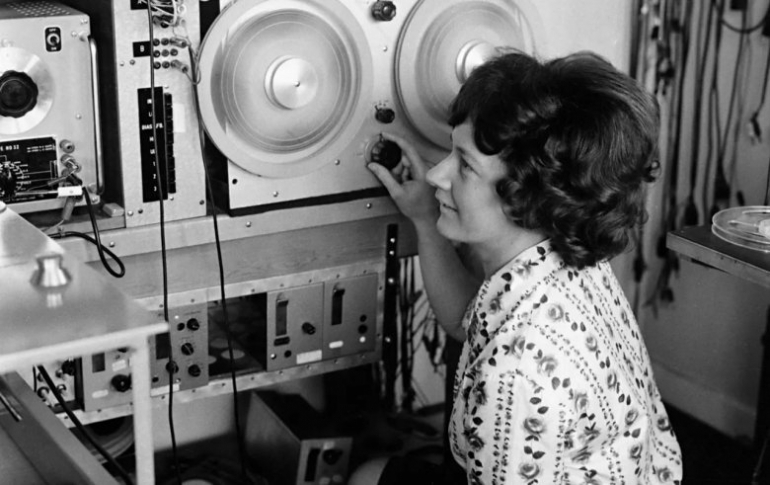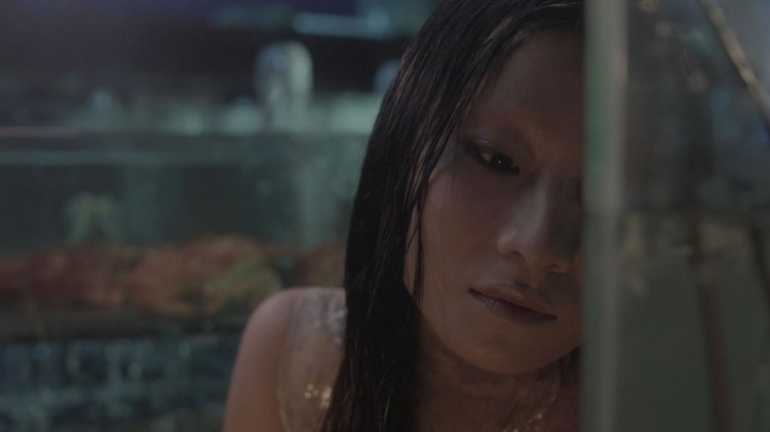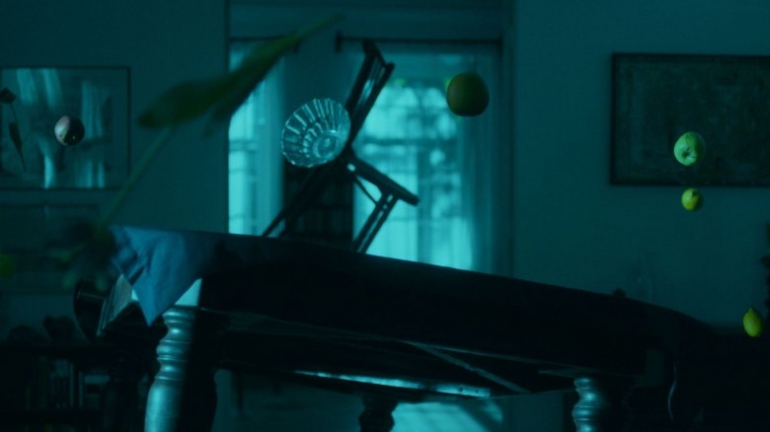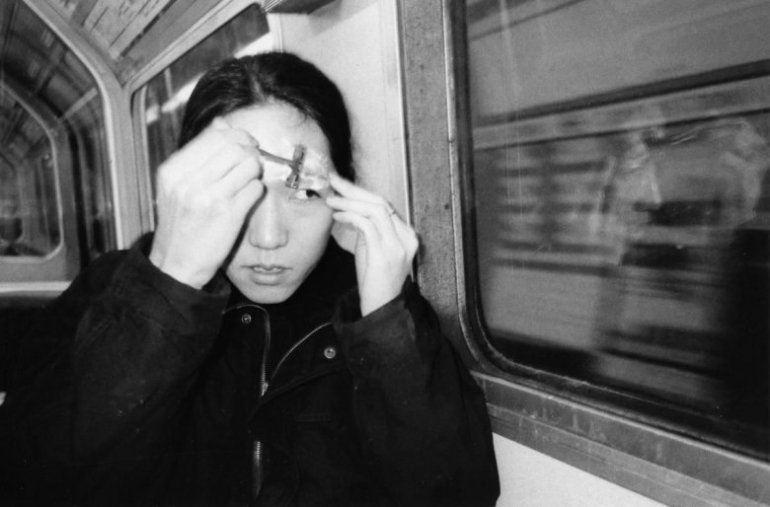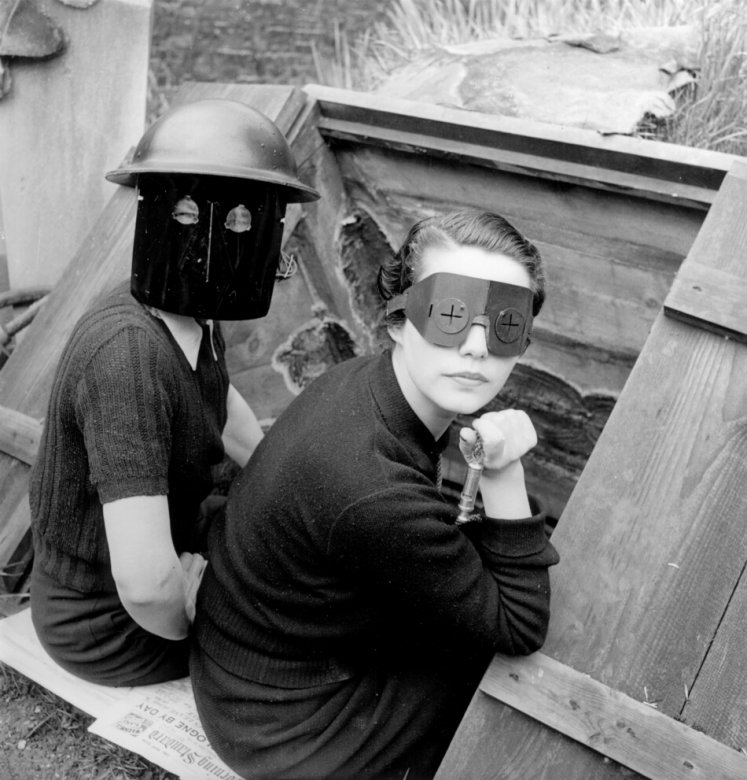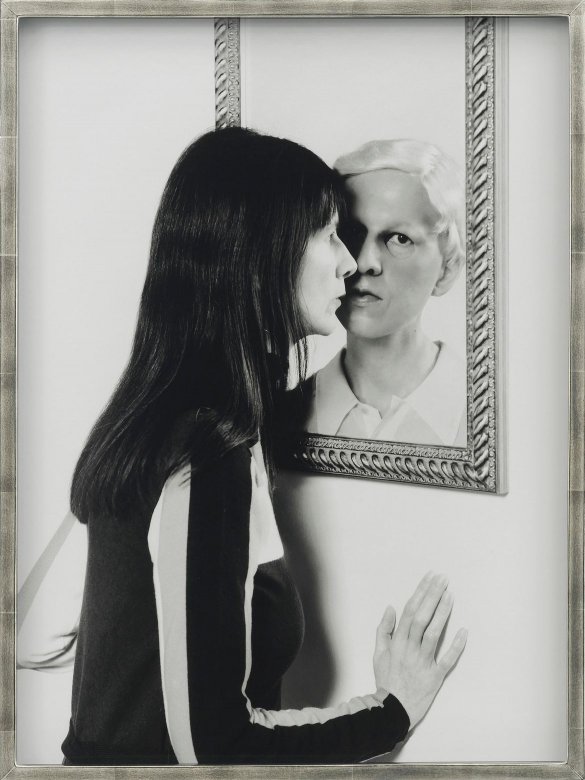Pedro Almodóvar’s Julieta
Pedro Almodóvar’s new work, Julieta, captures changes in daily life in detail, depicting female symbolism. If you look at his old works, they are all centered around a woman, so this isn’t simply a story’s theme, but rather an independent and separate theme that strongly expresses internal emotions. Also, most of his movies are filled with subtle senses that construct a twisted structure rather than an even structure of space and time. His new movie is also reflective of his unique sensual colors. From a deductive reasoning perspective, it is clear that with his thriller-like production abilities is deep. (He intended to show more than just a mother-daughter relationship.) The movie depicts the story of a difficult relationship where the daughter suddenly leaves the mother without a farewell. There are many flashbacks to the past and present that reveal clues about the story. A distinguishing characteristic of the movie is that unlike previous works, the director’s genre production approach makes the story something exciting to look forward to watching.
In an interview, the director himself stated that there will be a ‘return to the female world,’ and that he put careful consideration into casting the leading actress. This means we should carefully observe Emma Suarez, who was cast as Julieta. As the actress’s symbolic role had always been definite and intense in all of his movies, there are certainly high expectations for a passionate performance from Suarez. The director described the women’s strength in movies as the following, “Women not only give birth to men, but also fight with intensity and feel life’s pains and joys. The only thing stronger than women is destiny.” We should think about these qualities when we watch this movie.
All images/words © the artist(s) and organization(s)
☆Donation: https://www.paypal.com/paypalme2/artlecture




